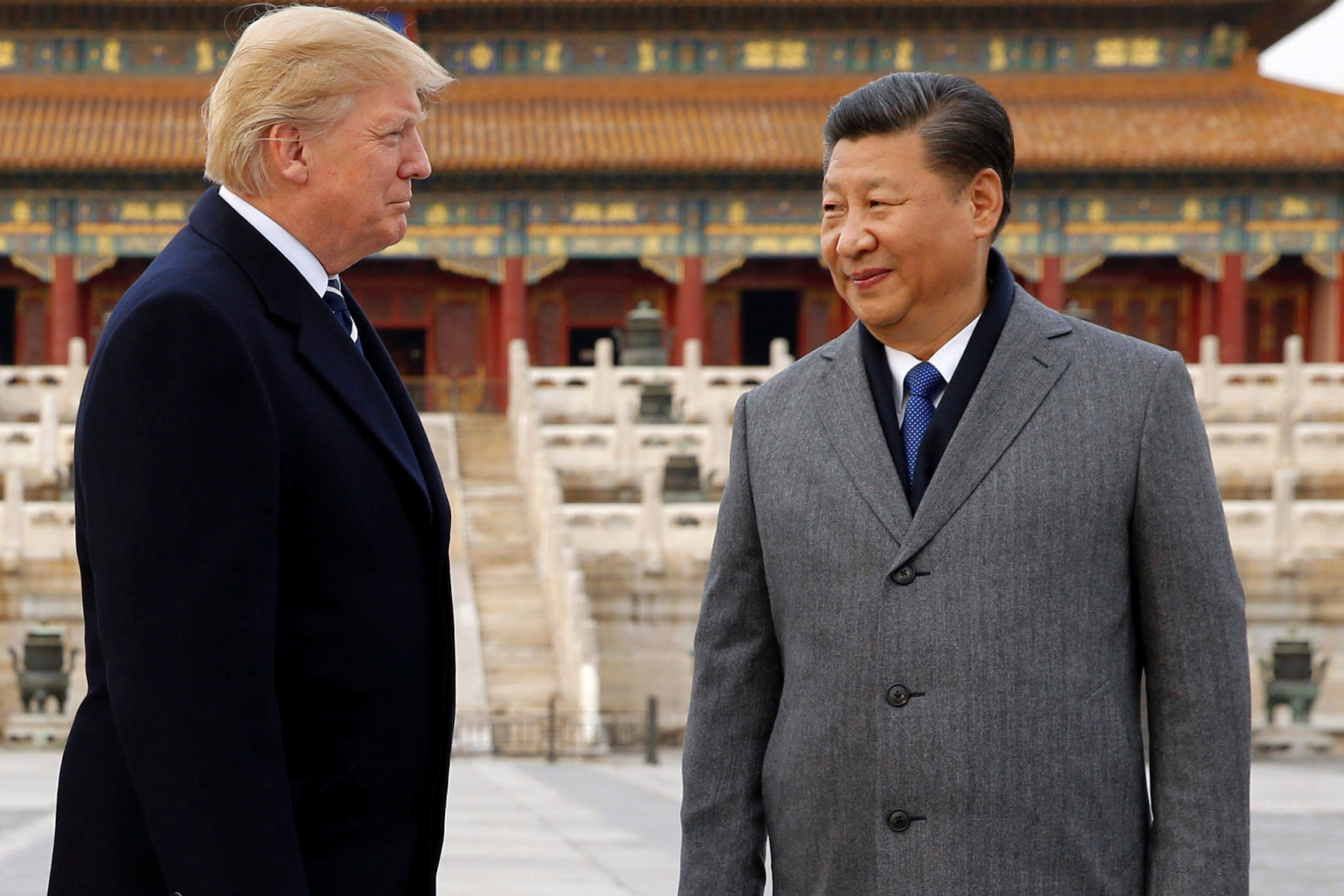
Wu Zhenglong, Senior Research Fellow, China Foundation for International Studies
Feb 27, 2018
Trump’s antics have frayed the transatlantic alliance.

Jiang Shixue, Professor and Director, Center for Latin American Studies, Shanghai University
Feb 15, 2018
Is the Monroe Doctrine back?

Yu Sui, Professor, China Center for Contemporary World Studies
Feb 13, 2018
Major-country diplomacy with Chinese characteristics for the new era is the natural evolution of China’s achievements, development, and innovation over the past 70 years.

Liang Yabin, Senior Researcher, Pangoal Institution
Feb 12, 2018
The concept of “sharp power” is nothing but another demonizing tool against China.

Zhang Wenzong, Associate Research Fellow, CICIR
Feb 12, 2018
It’s a huge challenge and a great responsibility for policy makers and strategists on both sides to continue their predecessors’ efforts and halt any deterioration in this most important and consequential relationship in the world today.

Joseph S. Nye, Professor, Harvard University
Feb 12, 2018
The evidence is clear. Donald Trump’s presidency has eroded America’s soft power. Only 30% of people recently polled by Gallup in 134 countries held a favorable view of the United States under Trump’s leadership, a drop of almost 20 points since Barack Obama’s presidency.

Doug Bandow, Senior Fellow, Cato Institute
Feb 09, 2018
Washington’s current Asia-Pacific strategy is financially unsustainable. Instead of trying to organize a containment system, Washington should focus on advancing its few serious interests, such as freedom of navigation. Otherwise the U.S. should step back and leave China’s neighbors free to respond to whatever they believe necessary.

Chen Zinan, Assistant Researcher, Maritime Strategy Studies, CICIR
Feb 09, 2018
China’s involvement in Arctic affairs can bring the region new impetus and new opportunities for development.

Giulio Pugliese, King’s College London, War Studies
Feb 09, 2018
Following the opening salvos of U.S. tariffs on solar panels and washing machines, the Trump administration may now also push for a more muscular China policy, to the benefit of Japan’s dealing with China. Make no mistake: while Japan and China relations show signs of a minor détente in the making, this year will witness continued strategic rivalry and the fleshing out of opposing visions of regional, if not global, order.

Tao Wenzhao, Honorary Member of the Chinese Academy of Social Sciences; Fellow, CASS Institute of American Studies
Feb 08, 2018
Dividing the world into camps of “free societies” and “repressive regimes”, and proposing to collaborate with countries of similar values to deal with “repression”, sends a message that threatens to split the international community.
Back to Top

- China-US Focus builds trust and understanding between the U.S. and China through open dialogue among thought leaders.
- Our Offerings
- Topics
- Videos
- Podcasts
- Columnists
- Research Reports
- Focus Digest
- Stay Connected
-
Thanks for signing up!
- Get the latest stories from China-US Focus weekly.